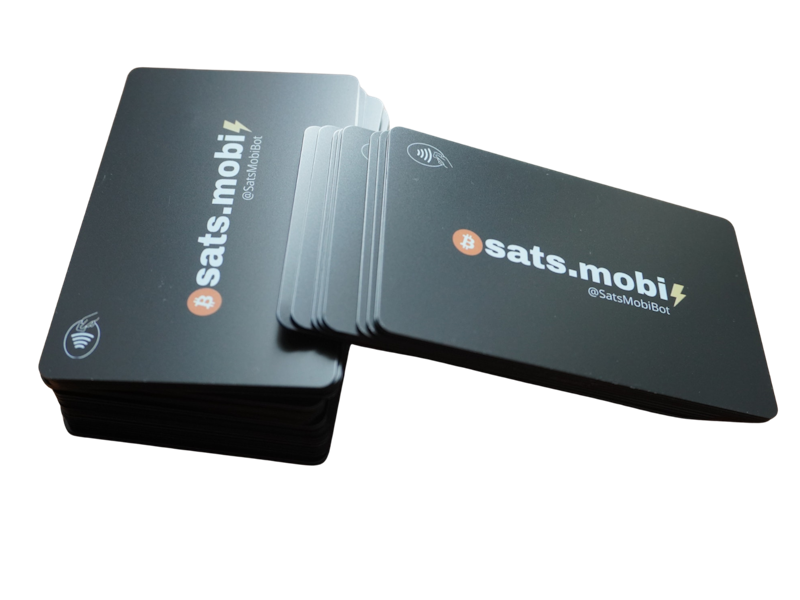One of the most asked questions is if creating a bitcoin full node helps the network, the freedom and how. Infact it happens very often to me to encourage people to help Bitcoin by creating and using own nodes, by accepting bitcoin payments, by executing bitcoin payments and drive as much as possible money out from the traditional banks.
A full node then is a computer which runs a bitcoin core implementation of Bitcoin. So what does a full node do? It independently validates the transactions and blocks enforcing the Bitcoin protocol. Many nodes help the network also by accepting transactions and blocks from other nodes, validate and relay them to external nodes.
Decentralization and censorship resistance
By a technical point of view. The full node helps the network for the on-chain part in terms of decentralisation and resistance to censorship since nodes enforce the protocol. This help is effective as soon as you allow listen on port 8333. The effect of this is described below.
This help is fundamental. It is also crucial for its owner because he/she can rely on a validated data source (do you remember?: don’t trust verify). Your node will be able to validate all transactions and blocks and provide you with secure blockchain stored data you can always query for checking your wallet’s addresses and transactions. This makes also possible to be independent from third parties and enhance your privacy. Enforcing self privacy and financial sovereignty indirectly serves other people as well in a decentralized network as Bitcoin is.
Full nodes normally make outgoing connections (8) but can have incoming connections as well if you allow the port 8333 open from outside. Incoming connections can be other nodes or SPV wallets, for example. In order to configure your node to do that you must have port open on your local firewall and appropriate bitcoin configuration on the software.
Please note that running a personal node does not require inbound connections. So you can leave closed the 8333 port in your firewall. Otherwise open port 8333 in firewall and adjust the bitcoin.conf configuration to get the result described in previous paragraph (ref: effective help to the network). Beware that not using tor, will expose your real IP and this is obviously not good for privacy.

When going to the consolle of this node, you will see incoming connections, something like this:

Lightning Network
For the Lightning Network part, the node helps the network when you open public channels with sufficient liquidity, injecting liquidity into the network, facilitating interconnection and forwarding transactions. This is obviously hard and it is active not passive. You must put liquidity into the network (by channels) and balance the channels. All of this requires work, skills and knowledge this is obvious. So it is not easy. But also fighting for freedom and independence is not easy as well.
If you run a Lightning node, however, you are at risk of losing money in case your node fails, so you should always set up a proper backup strategy to be able to recover the funds if your node fails or hardware gets broken. If your channels are many and with high capacity you may need to use a specific hardware or to host your node into a data center. This is up to you.
So people should dare and get involved in Bitcoin with an active support by the means above. We are all fighting to get back our freedom and get rid from central banks corrupted supremacy.













